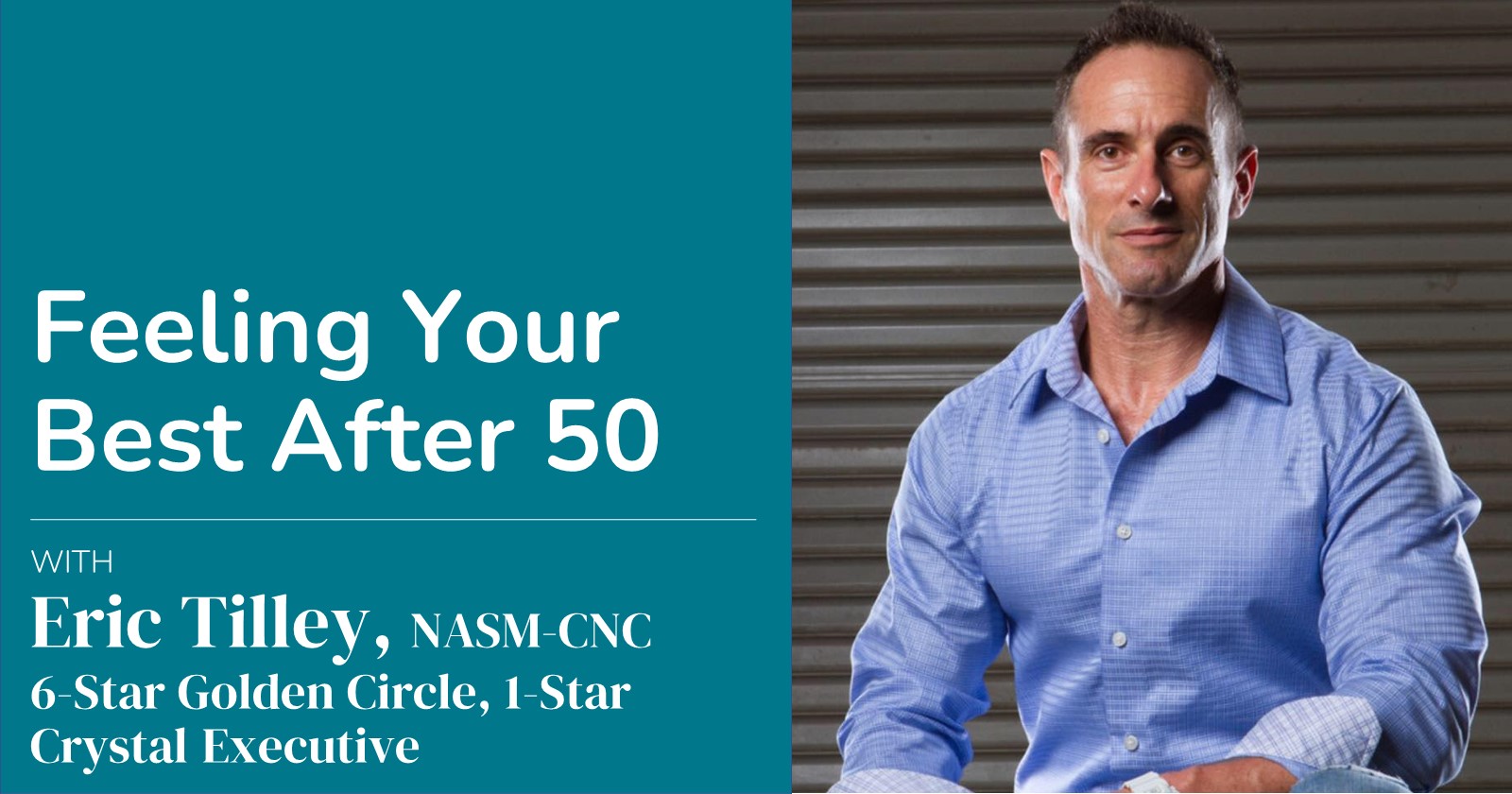As an elite athlete, your nutritional demands separate you from others. In a majority of cases, elite athletes may require individualized dietary counseling to address their highly specific nutritional needs. But with a few considerations and the help of Isagenix products, you may find an advantage while making important nutritional choices for your sport.
Elite Athletes Need More Energy
For athletes involved in sports that burn a high number of calories, keeping body weight up can be an issue. During intense training, calories need to be replenished quickly to enable the athlete to be able to train again the next day. The smartest thing to do is monitor your body weight on a weekly basis; if you’re dropping weight, you need to eat more, but if you’re gaining weight, you may need to eat slightly less.
Elite Athletes Require Different Amounts of Macronutrients
Proteins, carbohydrates, and fats constitute the three macronutrients. Carbs are the most important, as they’re an athlete’s main source of fuel. A lack of carbs will leave you tired and fatigued, so include carb-rich foods such as rice, grains, pasta, bread, potatoes, and fruit at every meal. Athletes should aim to get around 55 to 65 percent of their calories from carbs, 12 to 20 percent from protein, and 20 to 35 percent from fat (1).
Elite Athletes Need to Time Their Nutrients
The timing of nutrients can significantly affect how your body responds to exercise (1). With nutrient timing, you can prime your body for action in the pre-workout period, sustain performance mid-workout, and enhance recovery post-workout. By focusing on the right nutrition at the right time, you can give your body the best support to help you reach your athletic performance goals.
The pre-workout period is a crucial time to prime the body both mentally and physically. Athletes should be sure to enter training adequately fueled, focused, and hydrated. Try using e+™, AMPED™ Power, or Isagenix Coffee to better prepare your body during the pre-workout period.
The body’s requirement for quick fuel is vital in the mid-workout phase to continue to perform at peak levels (2). Regardless of the type of activity, every athlete needs excellent hydration during training to support top performance (3, 4). During your workout, reach for AMPED Fuel and AMPED Hydrate to sustain energy levels and stay well hydrated.
If the body is properly primed and fueled in the pre- and mid-workout phases, the post-workout phase offers the best time to rebuild muscle and make targeted performance gains. Both endurance and power athletes should seek to rebuild and support muscle protein synthesis by using a high-quality source of protein, like IsaPro®, to help rebuild damaged tissue (4, 5).
Cleanse Days Require Special Care
While nutritional cleansing can be an important tool for fat loss, elite athletes need to be mindful of how it may affect their performance and recovery process.
When fasting, there is a rapid decrease in carbohydrate oxidation (sugar burning) with a large increase in fat oxidation mostly in muscle (6). While the increase in fat burning may normally be thought of as a good thing, it may negatively affect performance when you need to train hard. Carbohydrates are vital to athletes and, like those found in rice, breads, and fruit, they are also stored in our bodies as glycogen. During fasting, glycogen decreases, leaving your muscles with less energy to perform, but at the same time increases fat burning for energy.
During intense training phases or before competitions, it’s advisable to skip cleansing because energy demands are high and protein intake needs to be evenly spaced through the day to ensure muscle metabolism is supported. However, during the offseason or when an athlete needs to shed some fat, cleansing can be effectively used on a weekly basis.
References
- American College of Sports Medicine, Dietitians of Canada, American Dietetic Association. Joint Position Statement: nutrition and athletic performance. Med Sci Sports Exerc. 2016; 32(12): 2130.
- Von Duvillard SP, Braun WA, Markofski M, Beneke R & Leithäuser R. Fluids and hydration in prolonged endurance performance. Nutrition. 2004; 20(7): 651-656.
- Sawka MN, Burke LM, Eichner ER, Maughan RJ, Montain SJ & Stachenfeld NS. American College of Sports Medicine position stand. Exercise and fluid replacement. Med Sci Sports Exerc. 2007; 39(2): 377-390.
- Phillips SM & Van Loon LJ. Dietary protein for athletes: from requirements to optimum adaptation. J Sports Sci. 2011; 29(1): S29-S38.
- Moore DR, Camer DM, Areta JL & Hawley JA. Beyond muscle hypertrophy: why dietary protein is important for endurance athletes. Appl Phys Nutr Metab. 2014; 39(9):987-997.
- Betts J, Williams C, Duffy K & Gunner F. The influence of carbohydrate and protein ingestion during recovery from prolonged exercise on subsequent endurance performance. J Sports Sci. 2007; 25(13): 1449-1460.
- Wijngaarden MA, Bakker LE, van der Zon GC et al. Regulation of skeletal muscle energy/nutrient-sensing pathways during metabolic adaptation to fasting in healthy humans. American Journal of Physiology-Endocrinology and Metabolism 2014;307:E885-E895.





